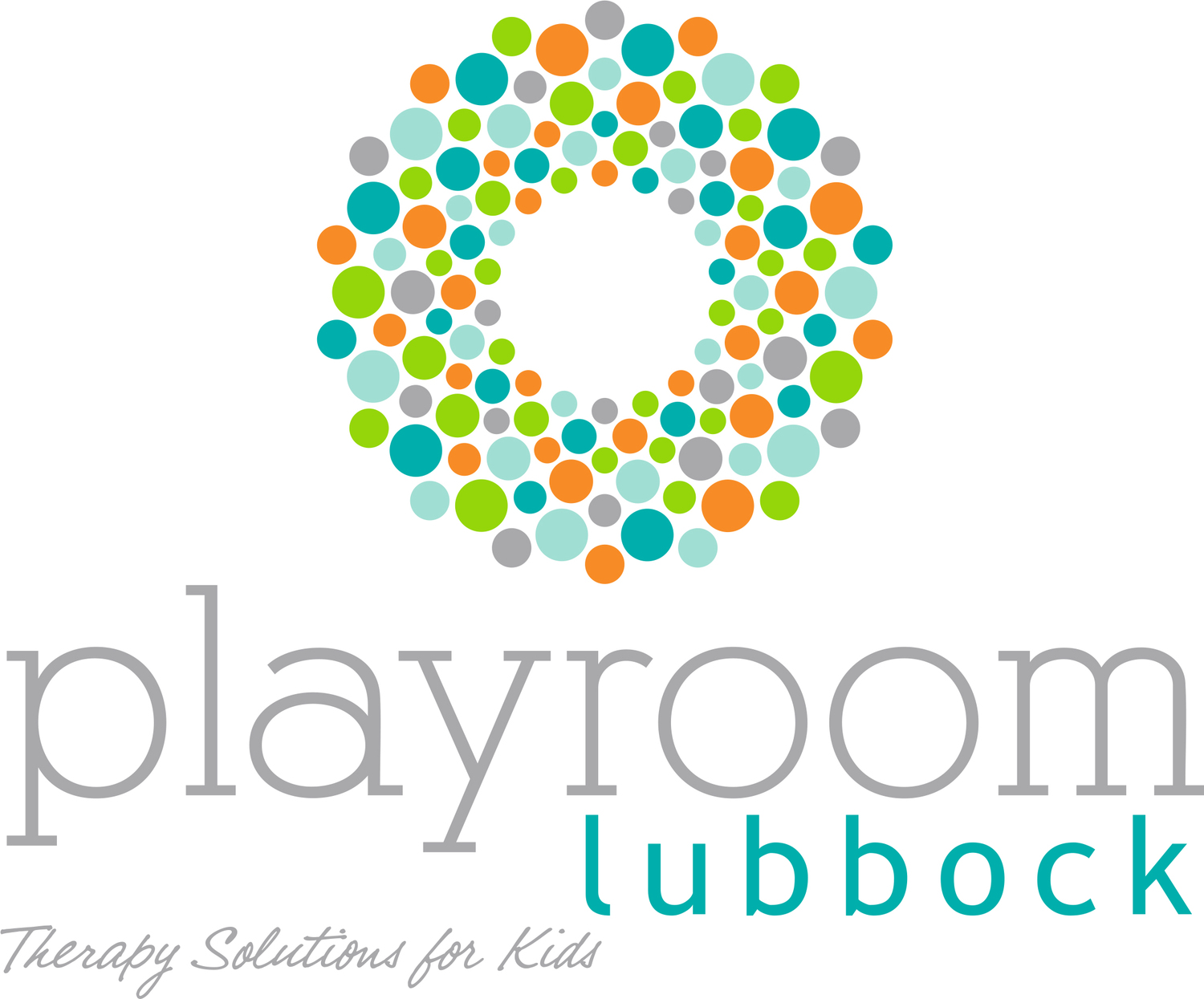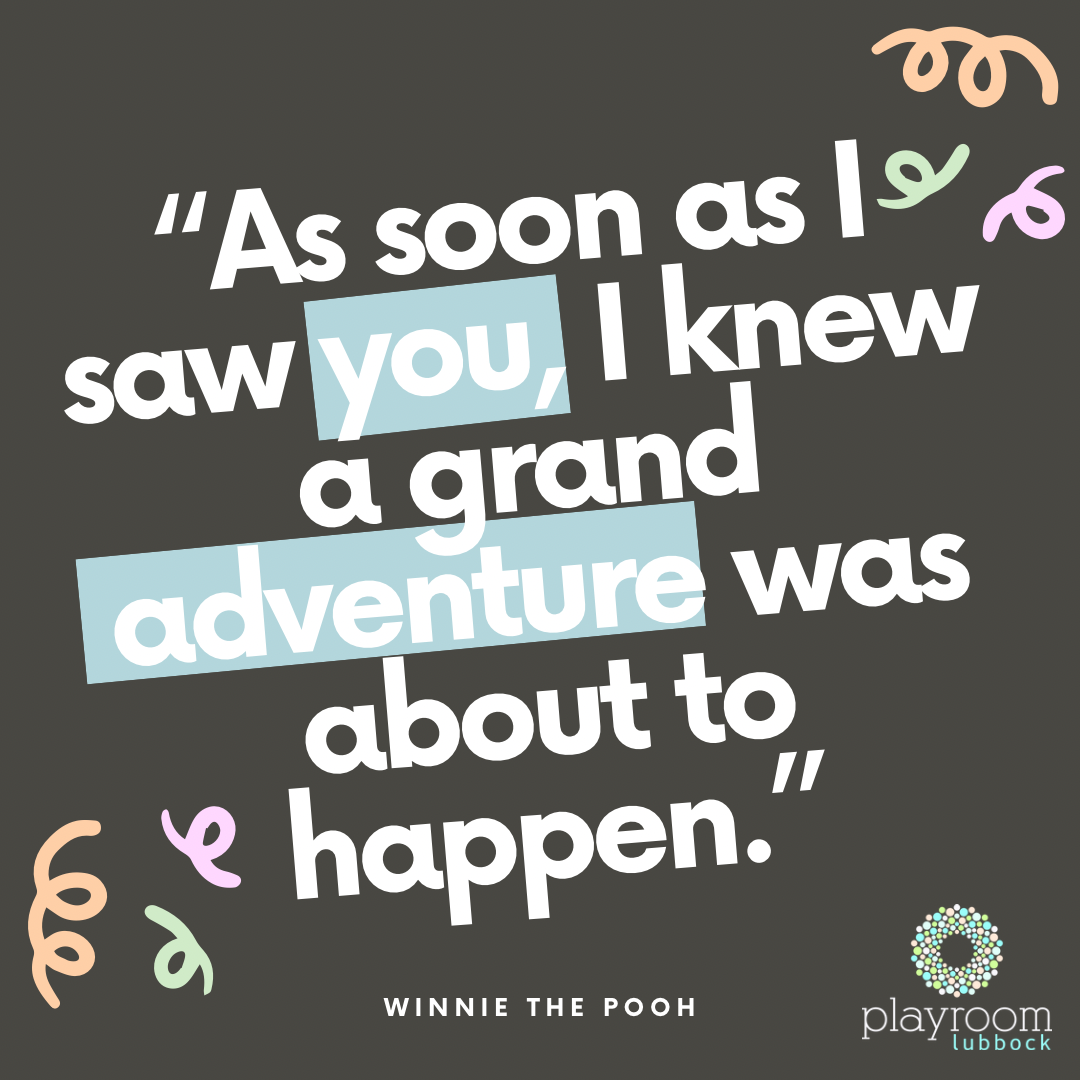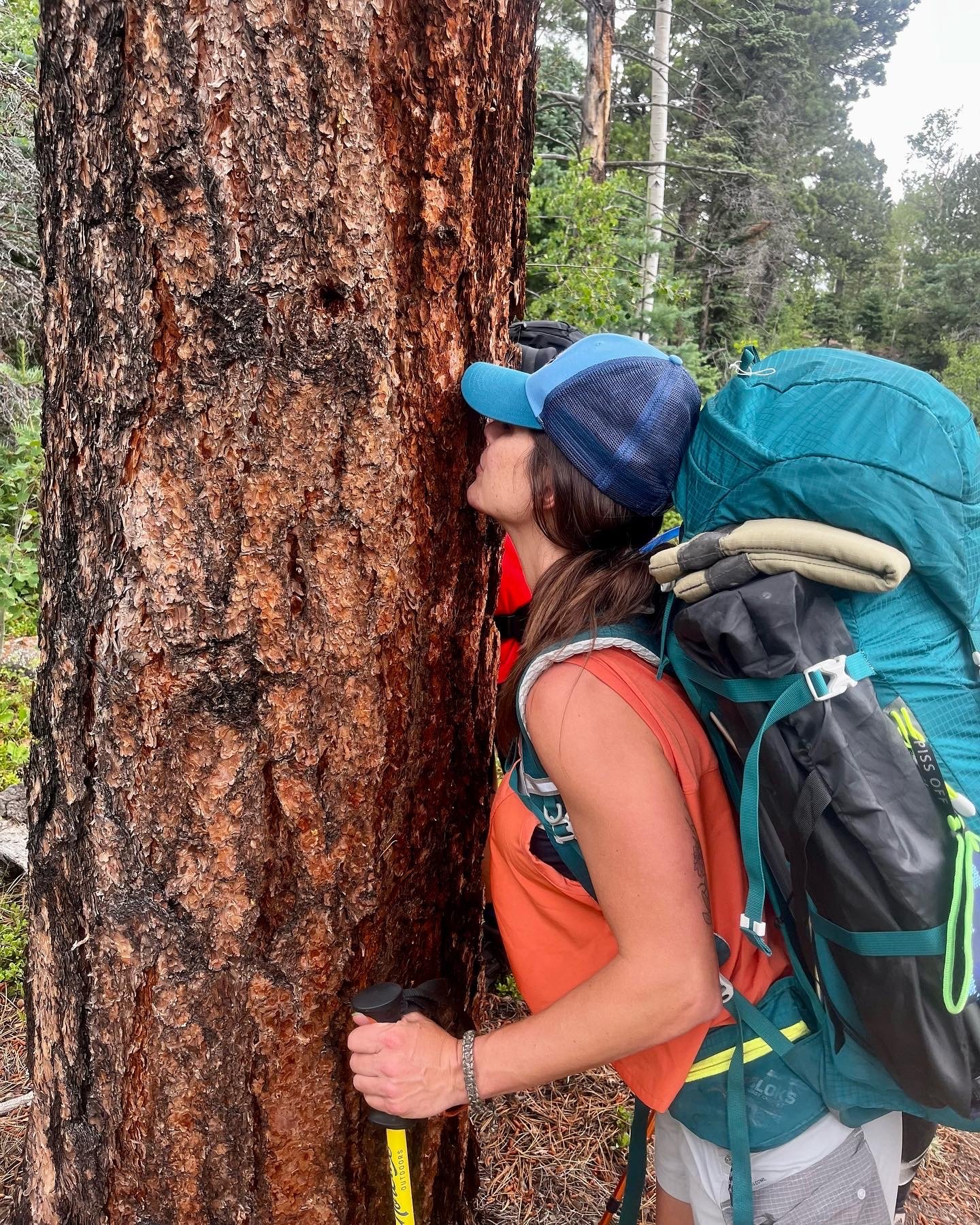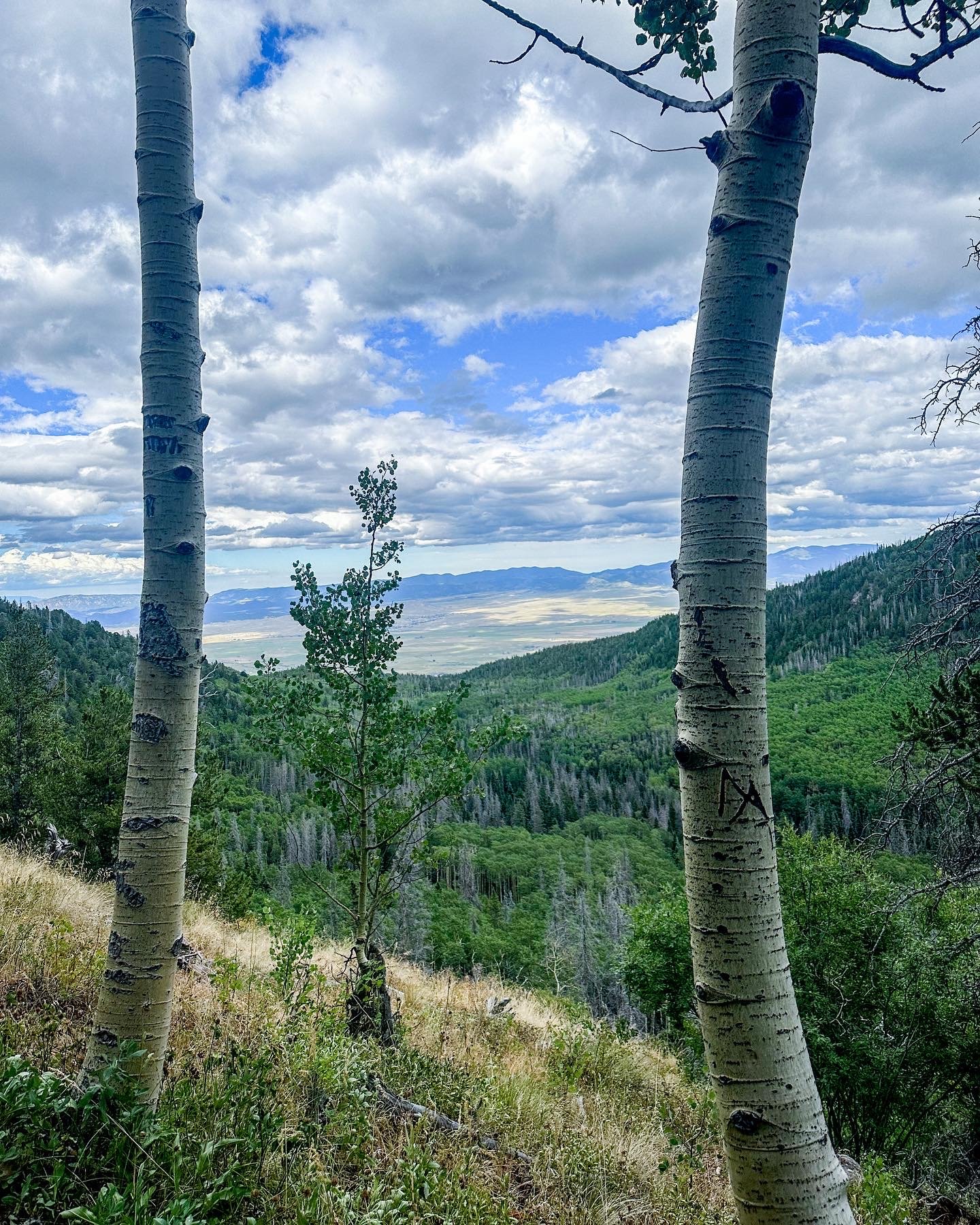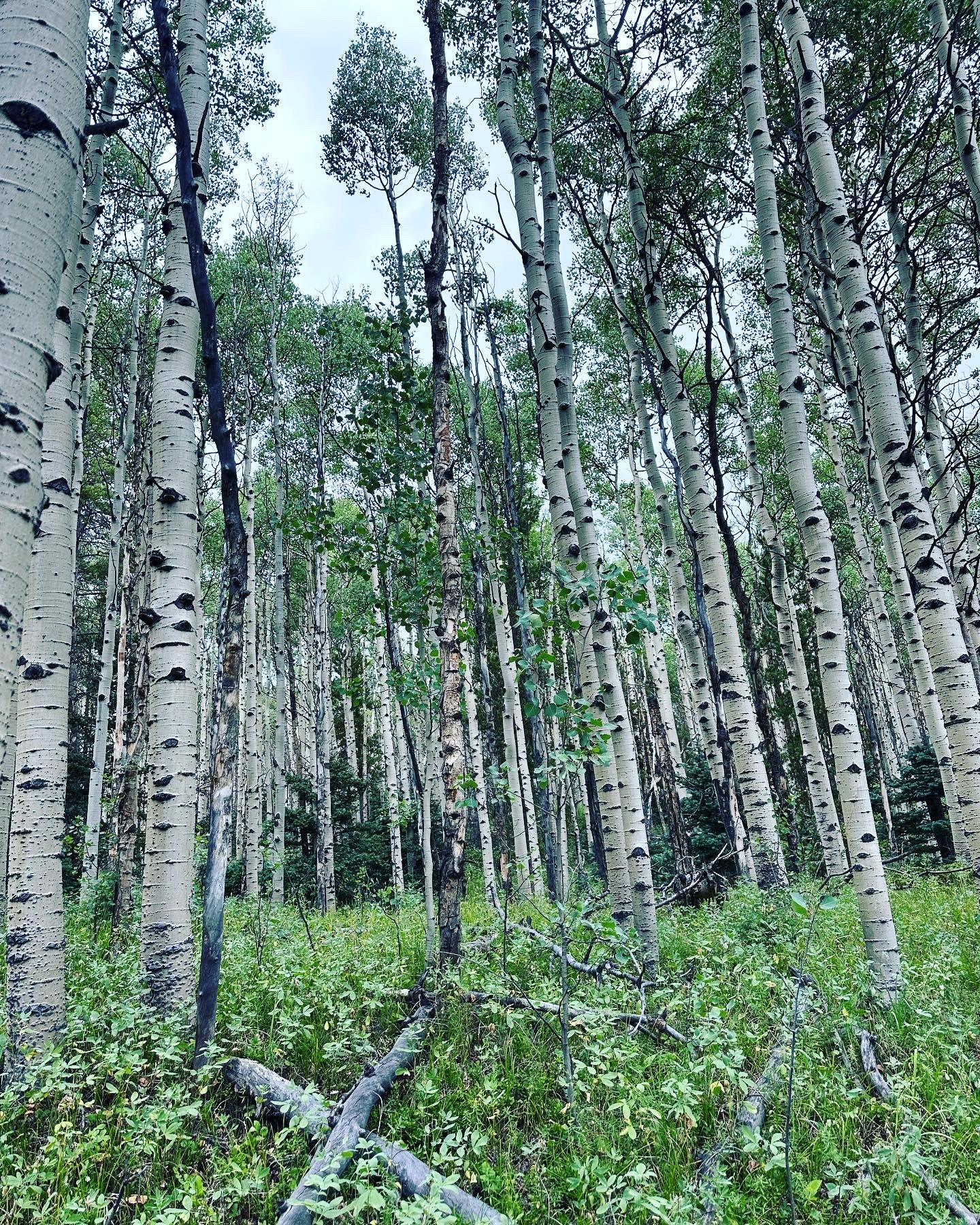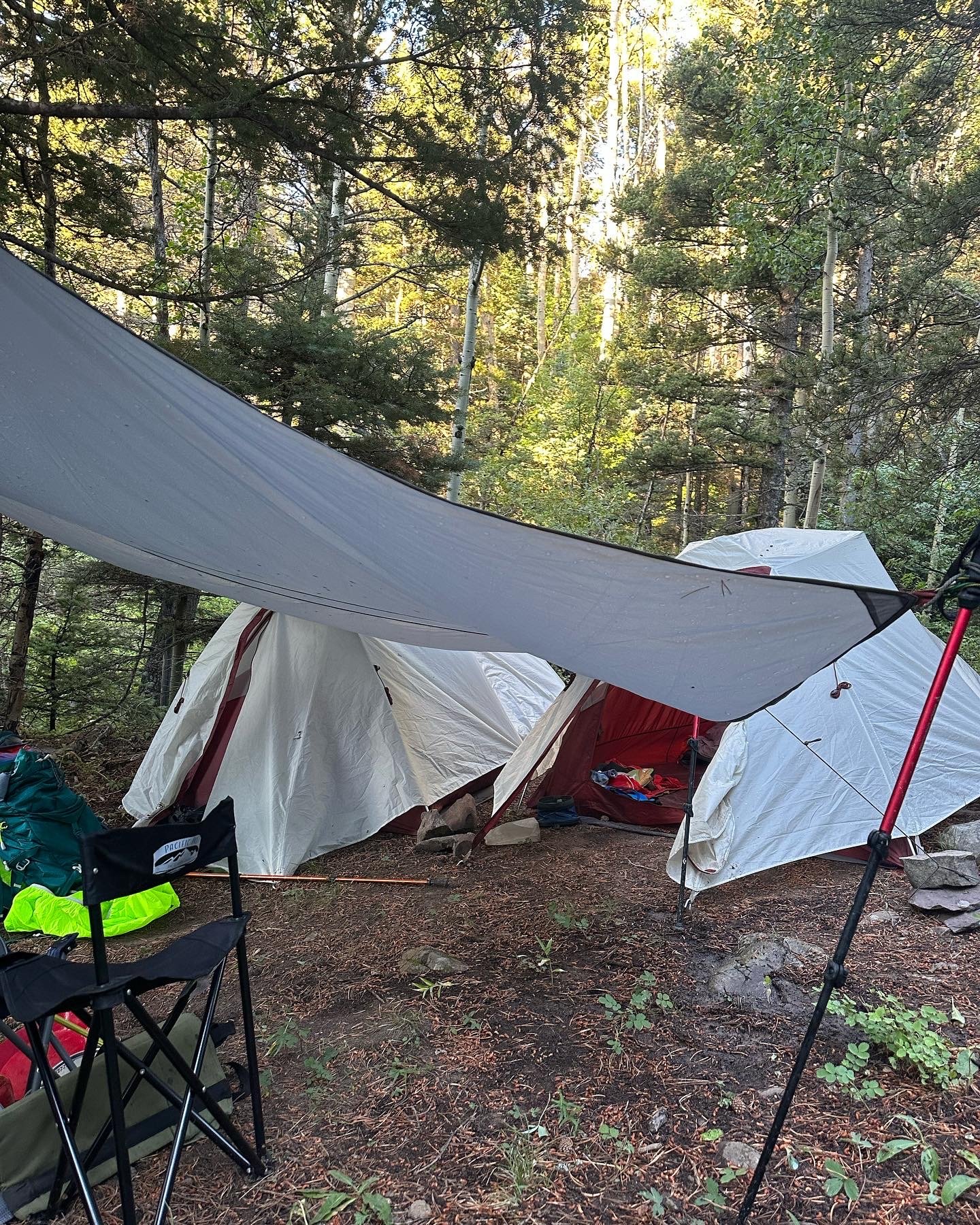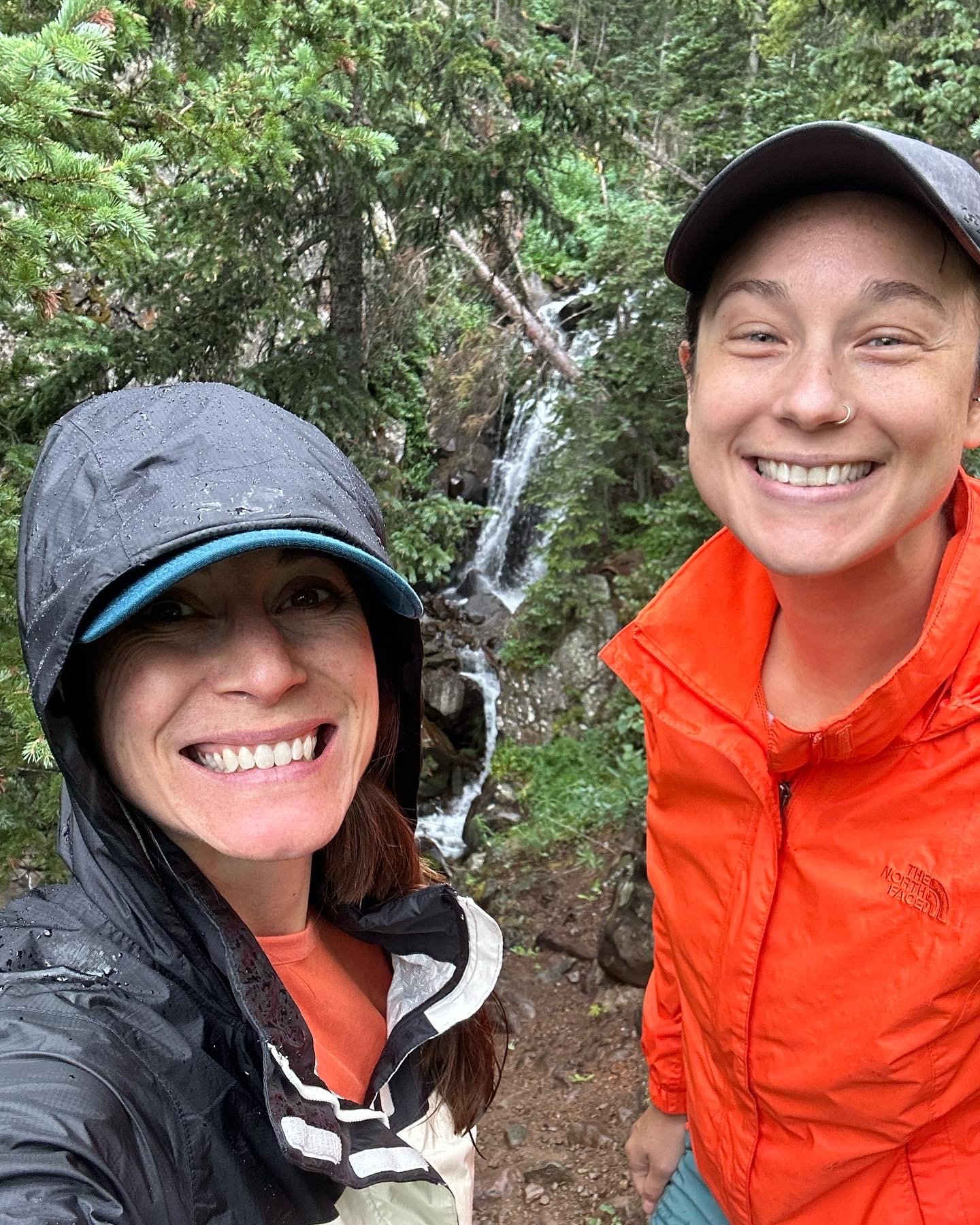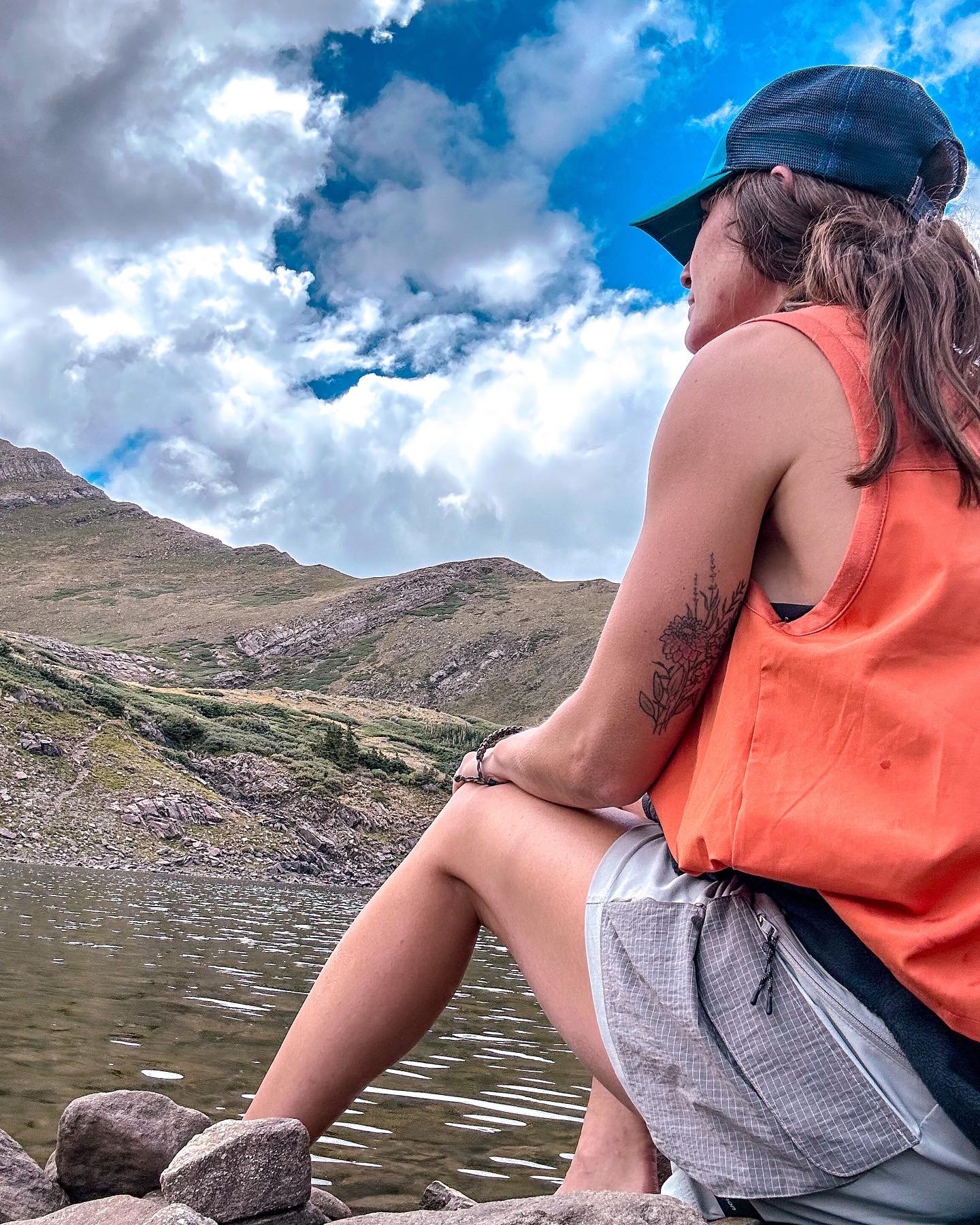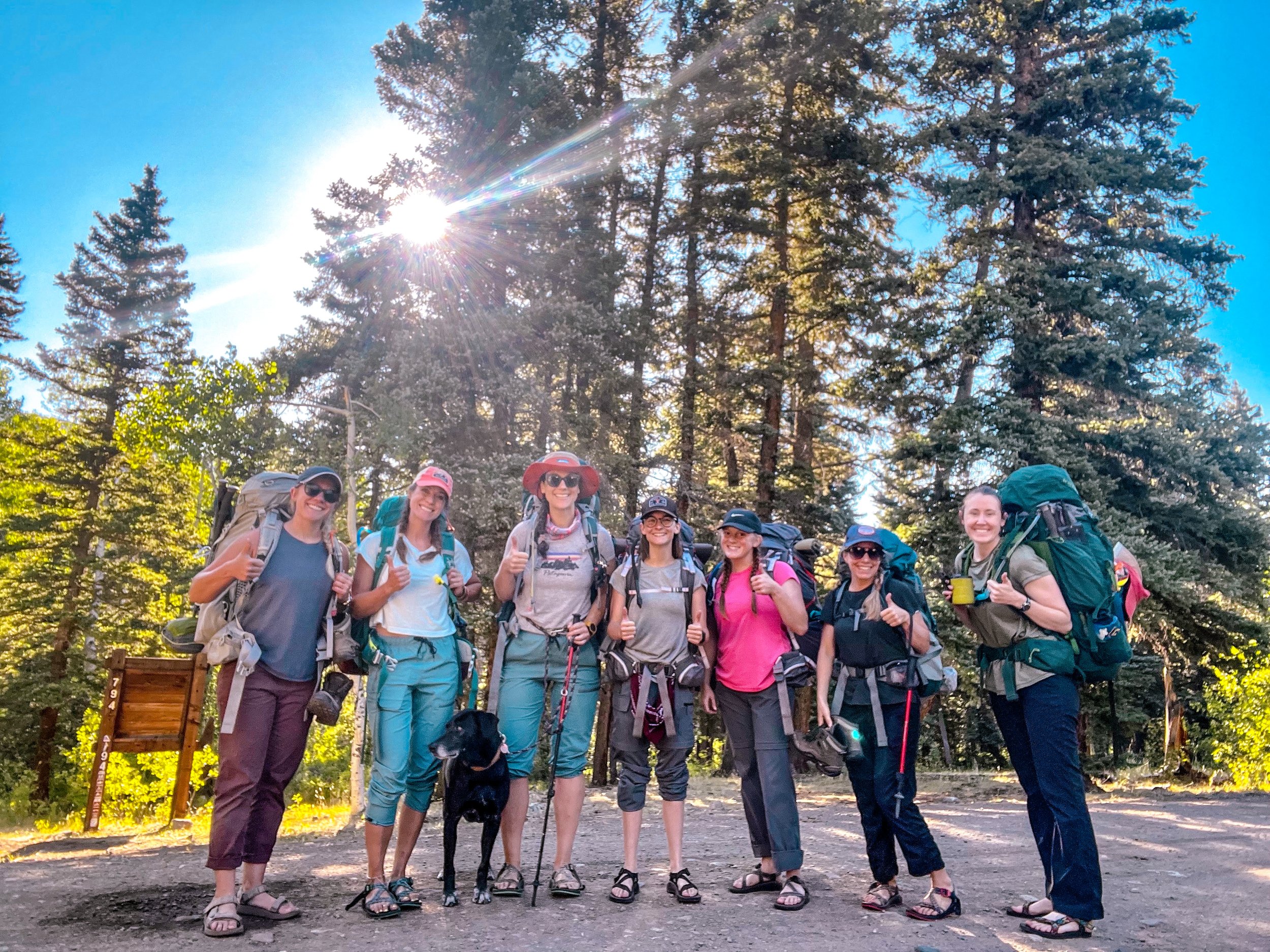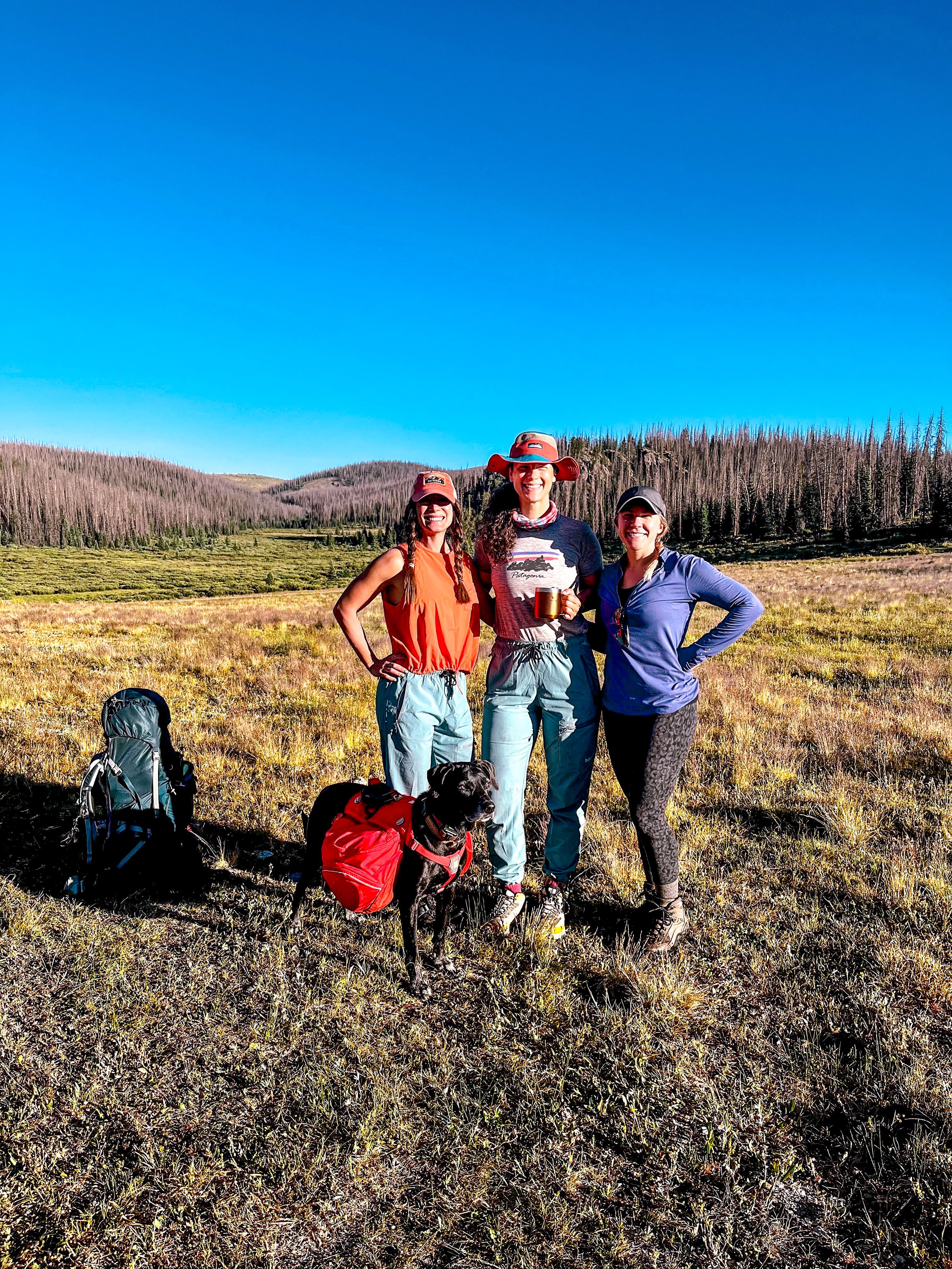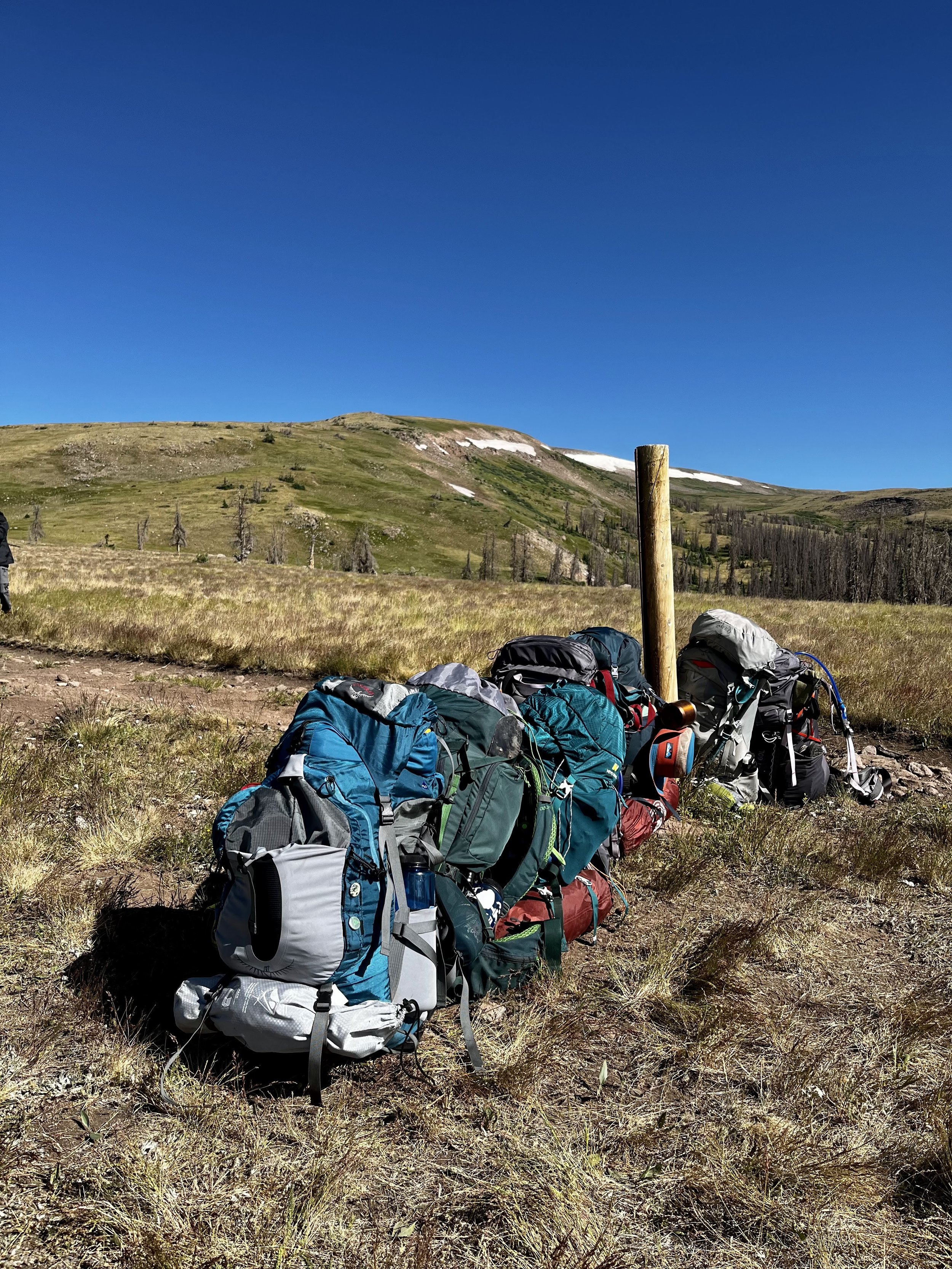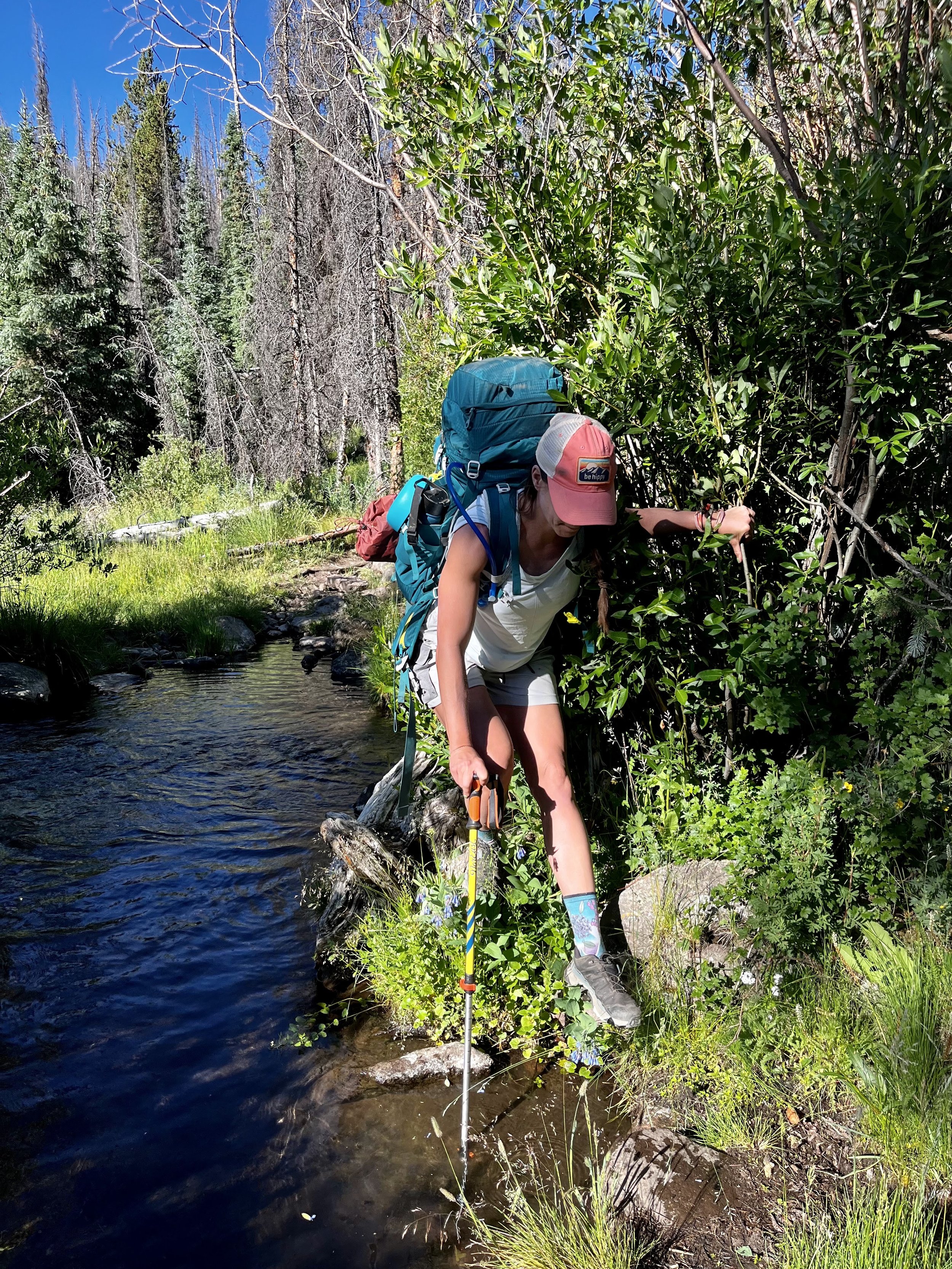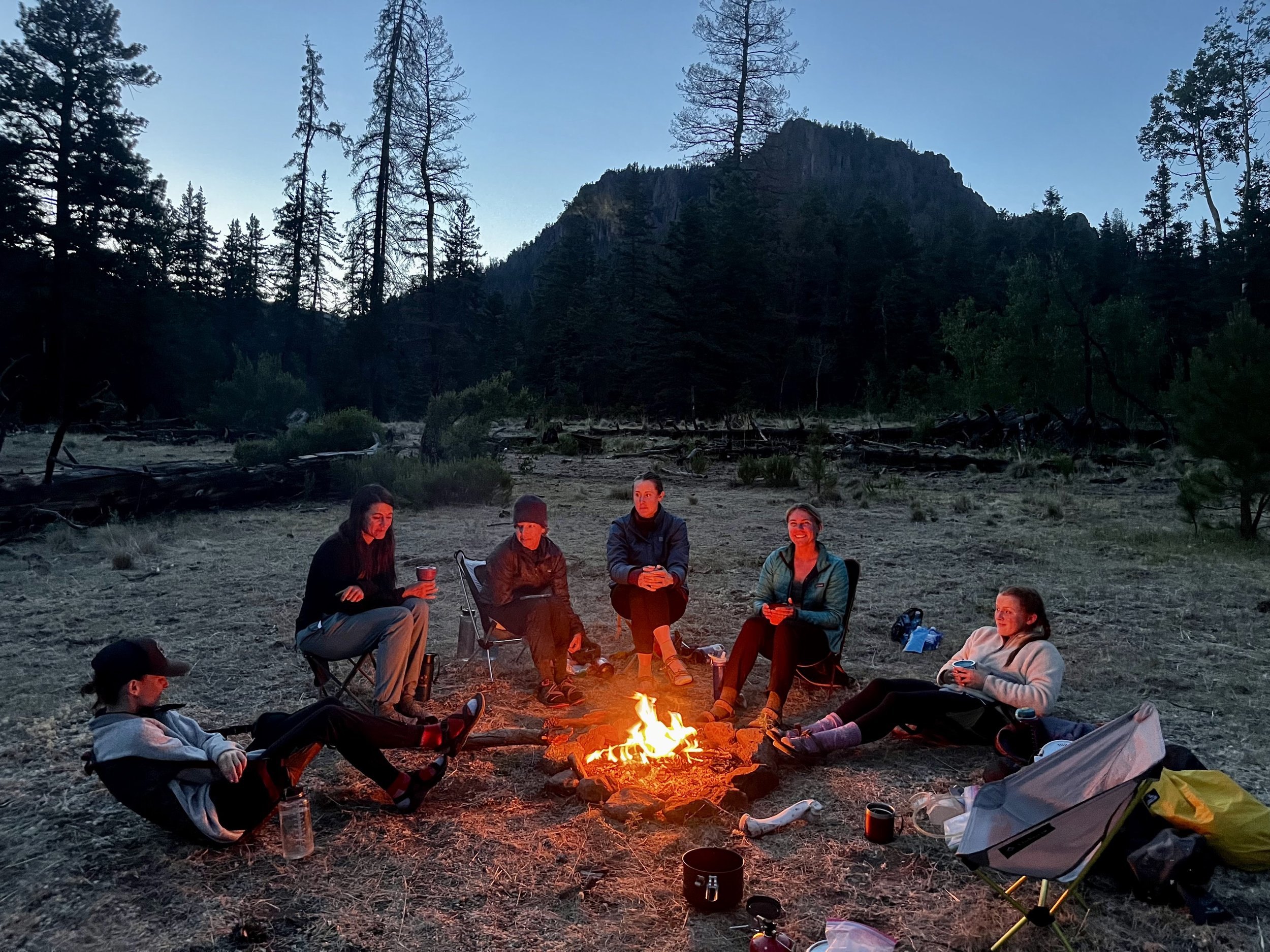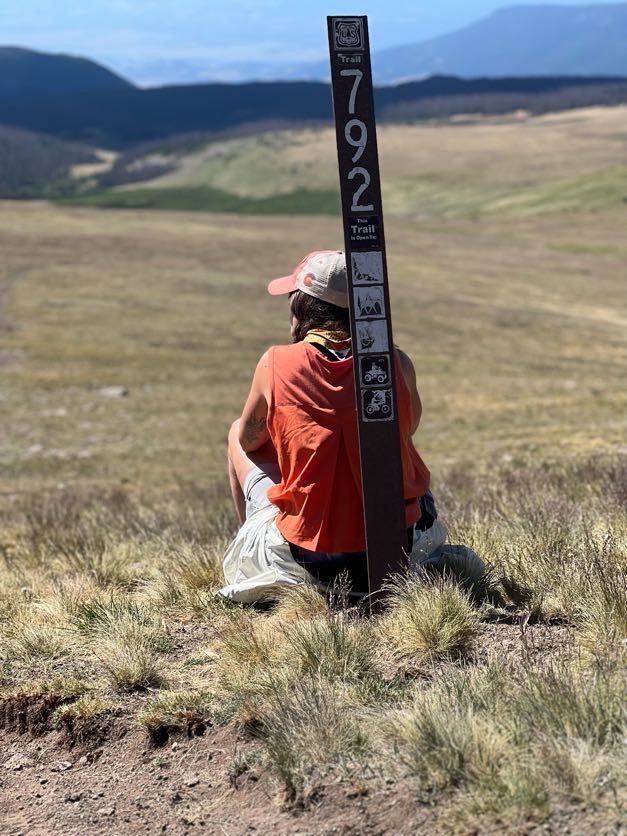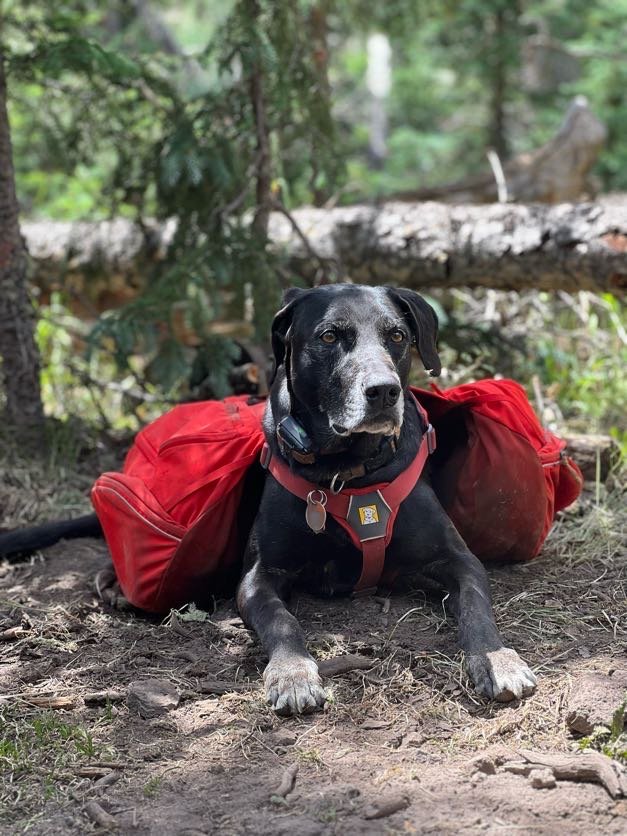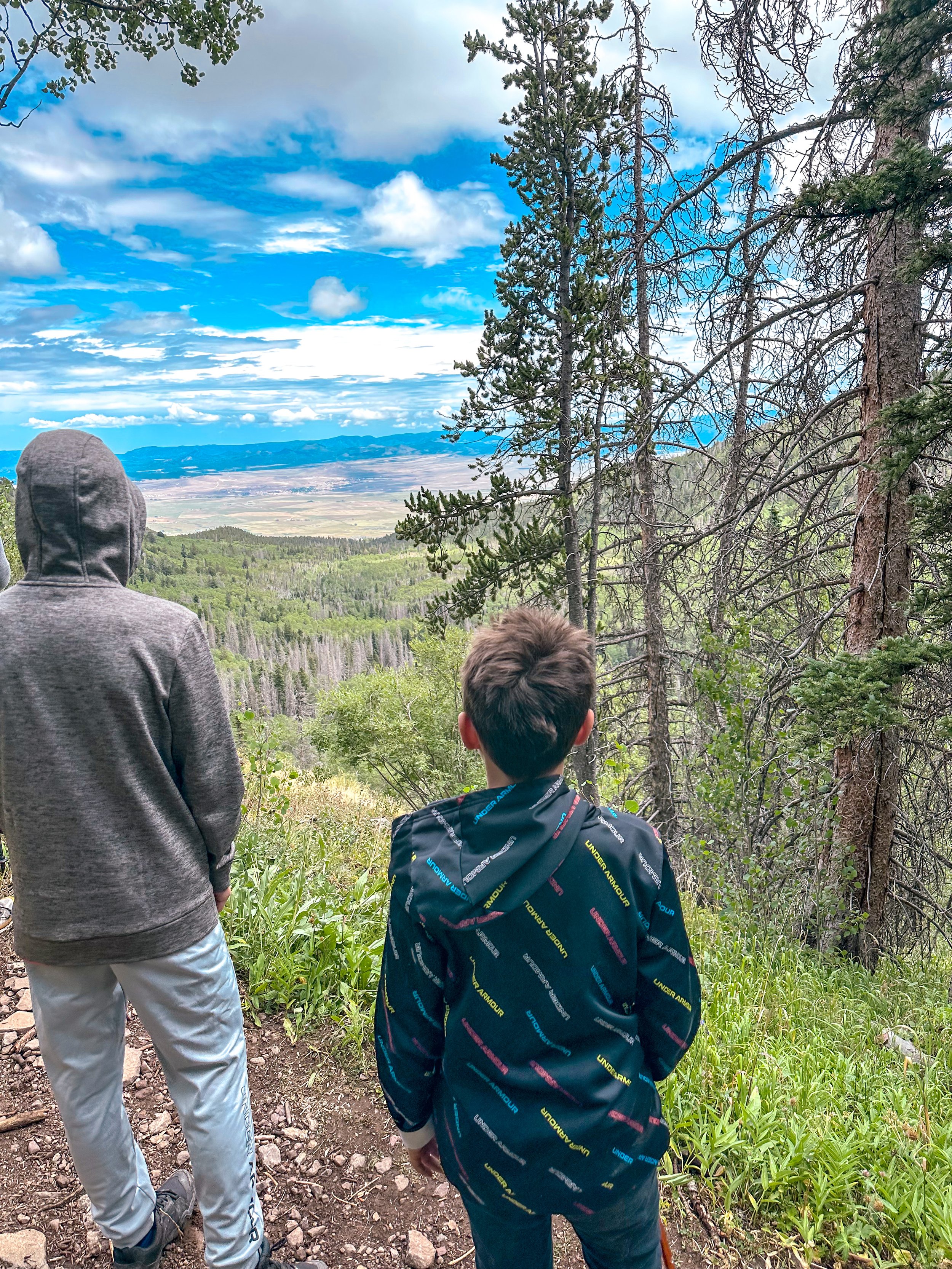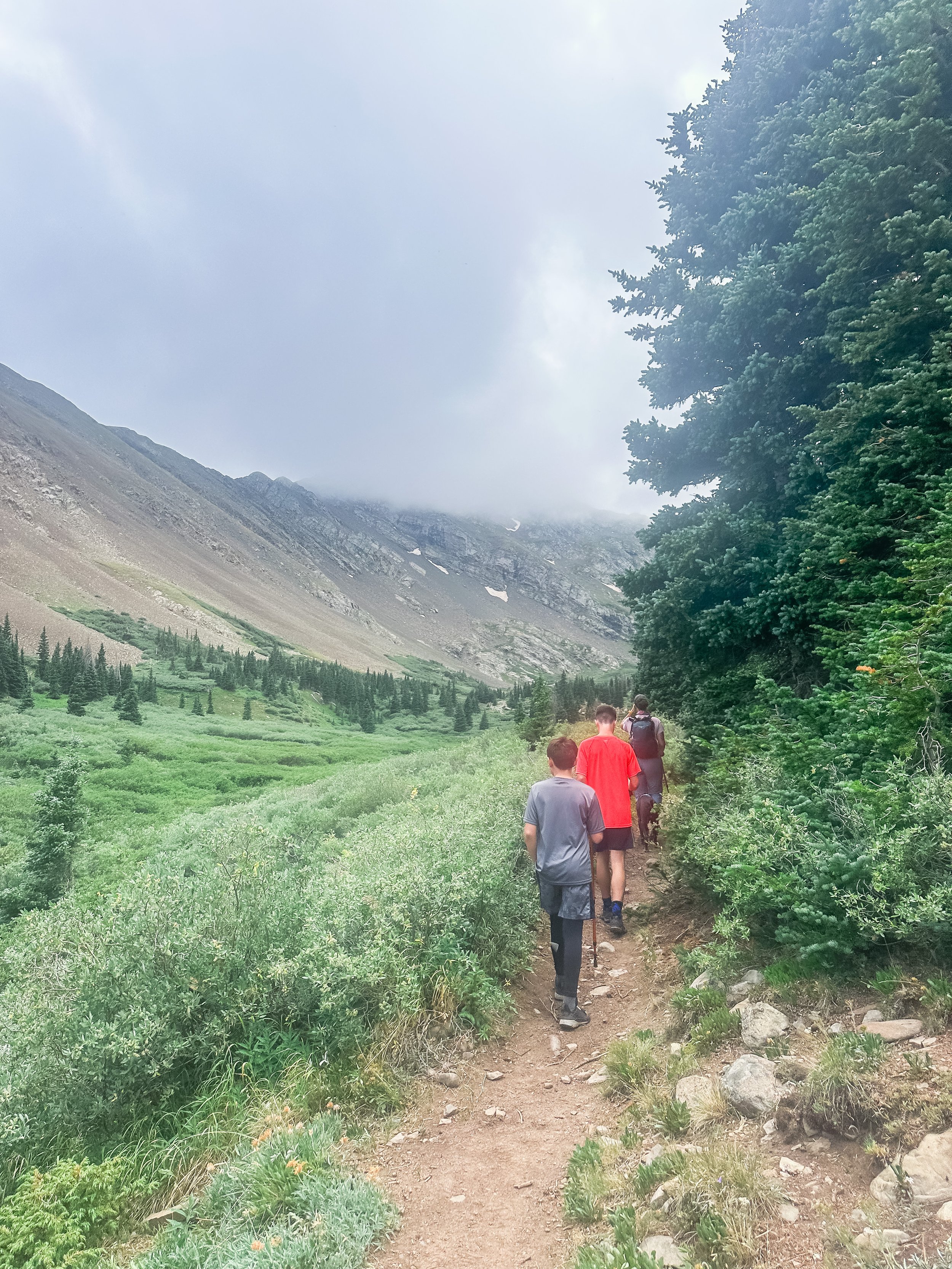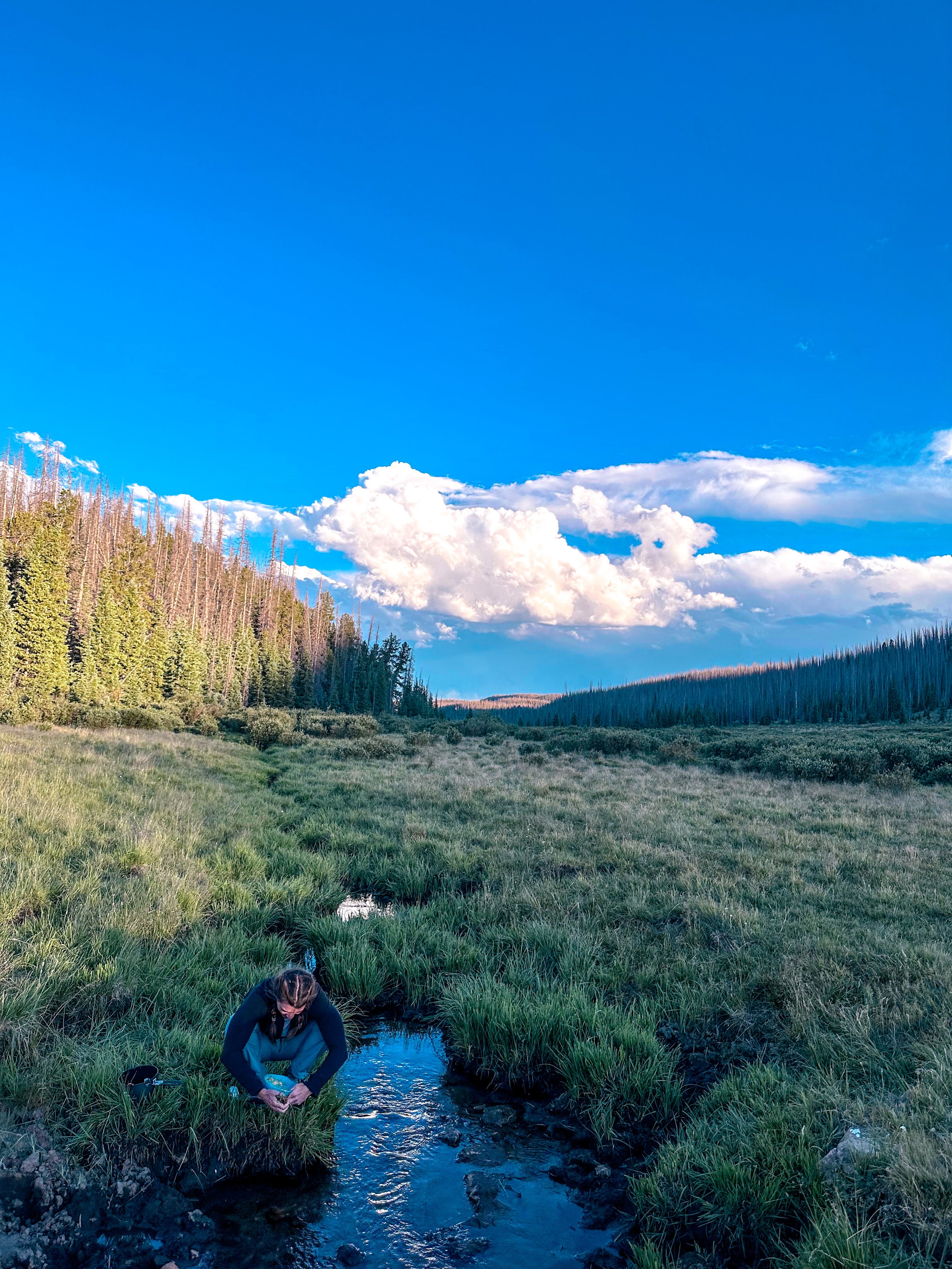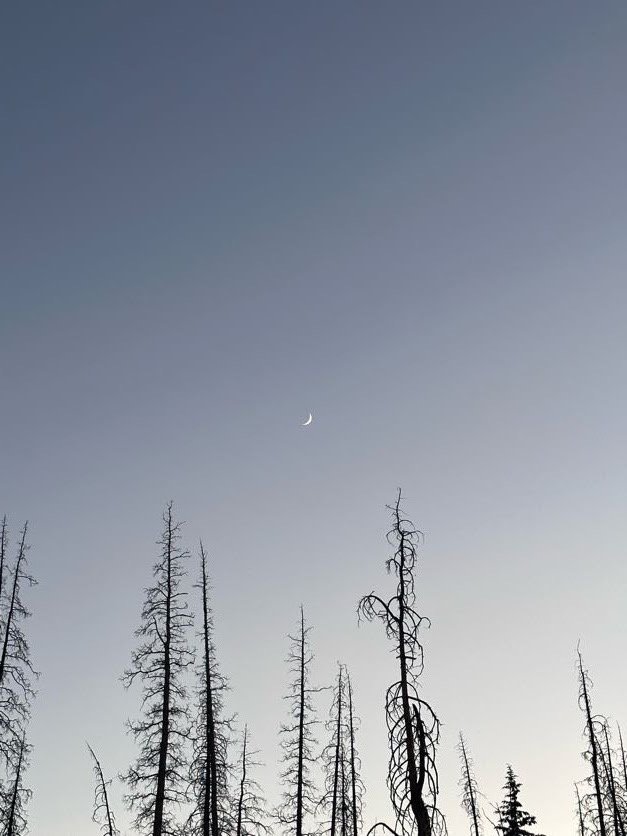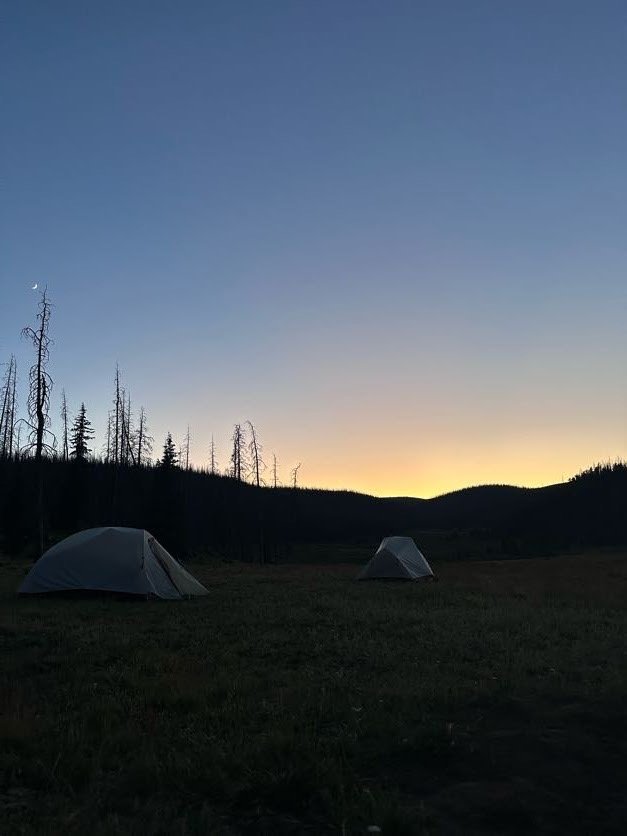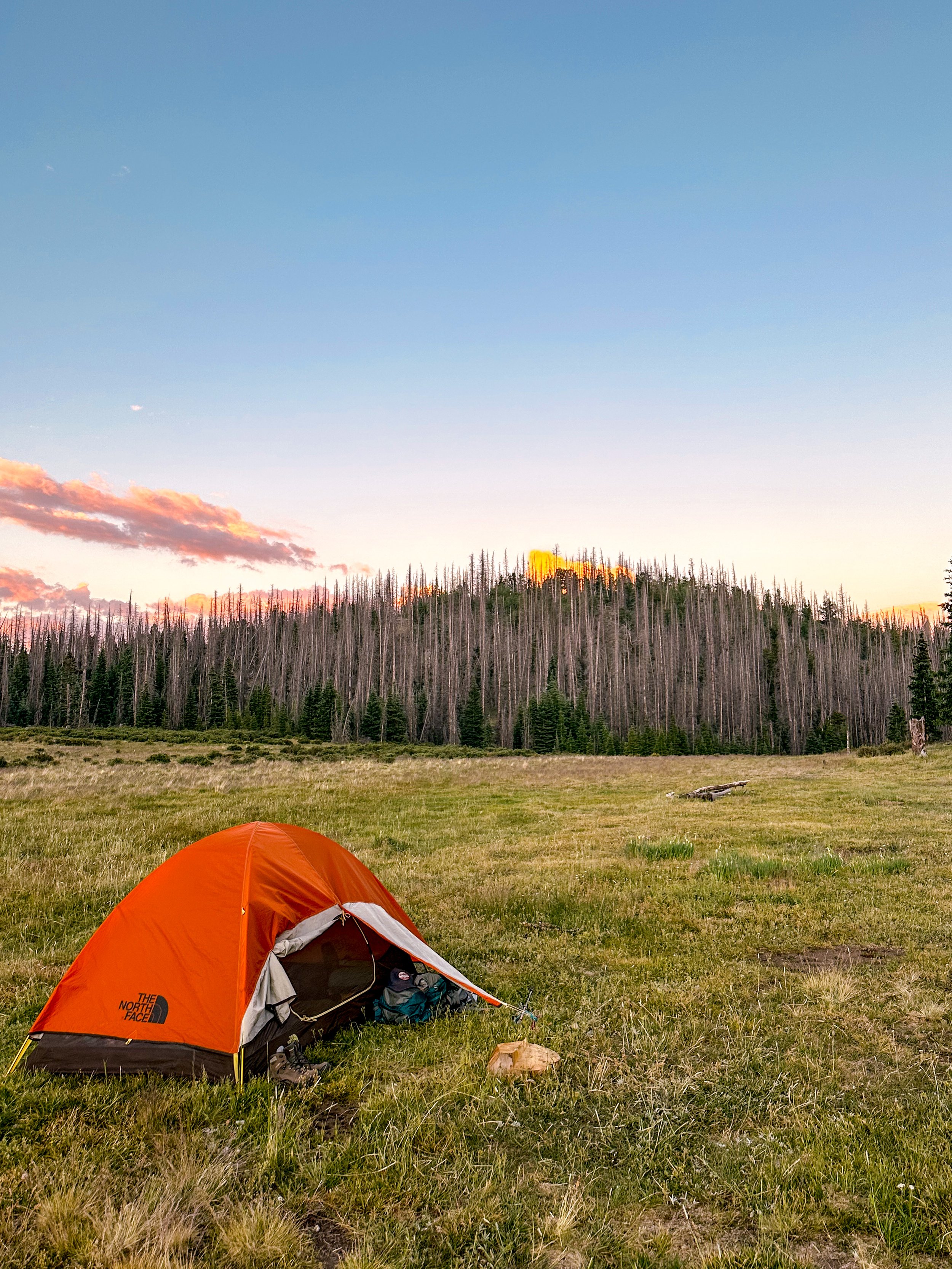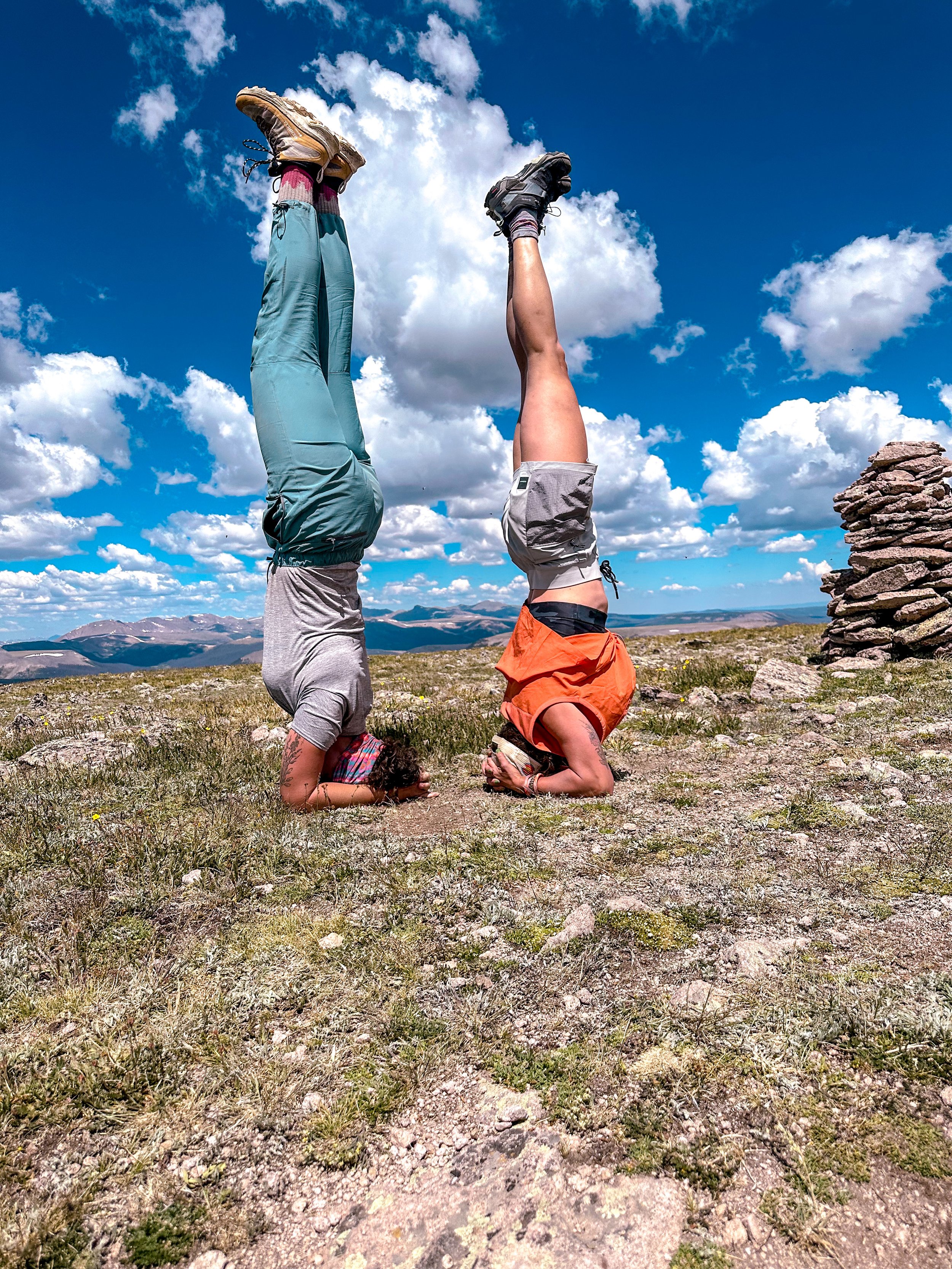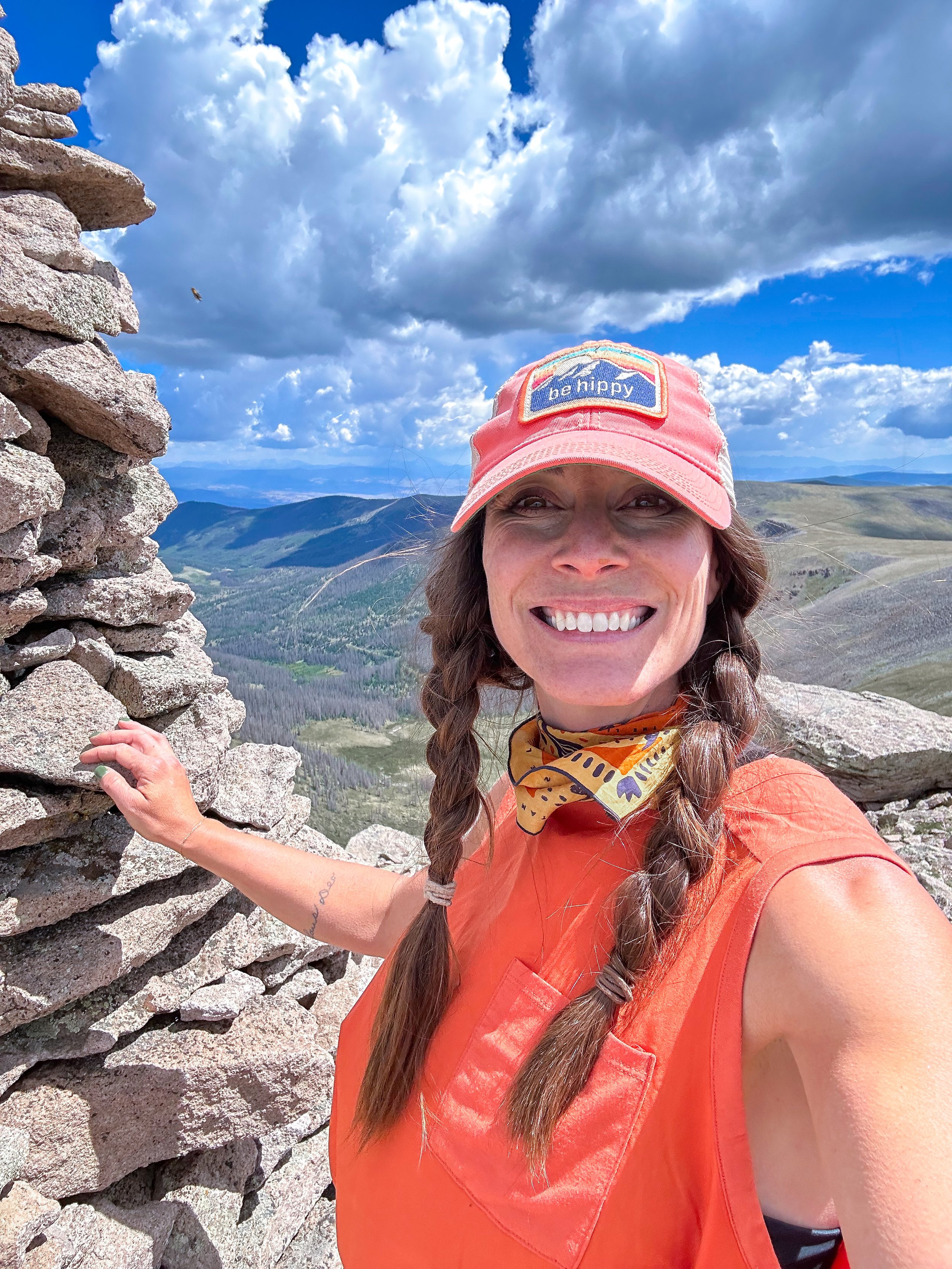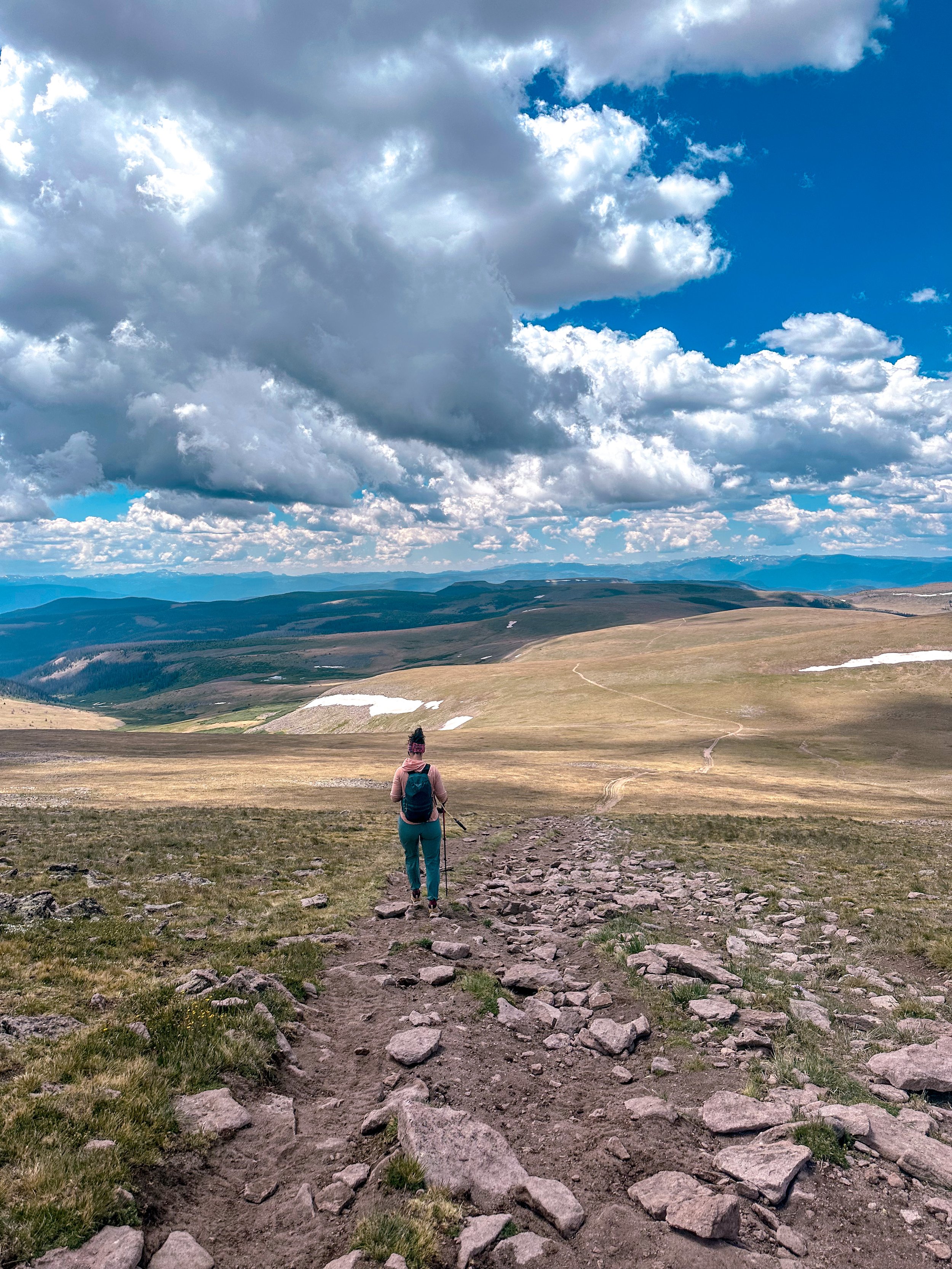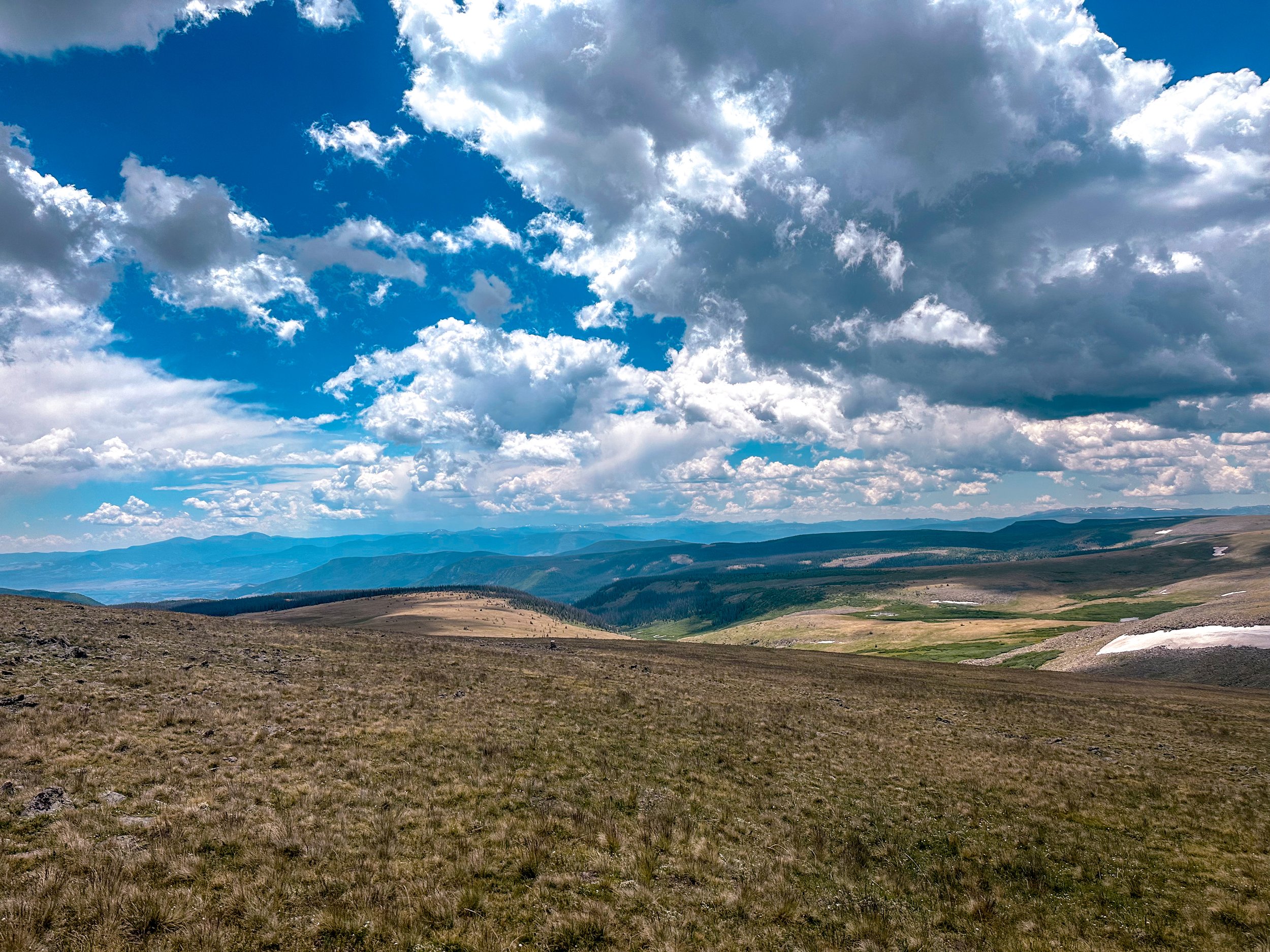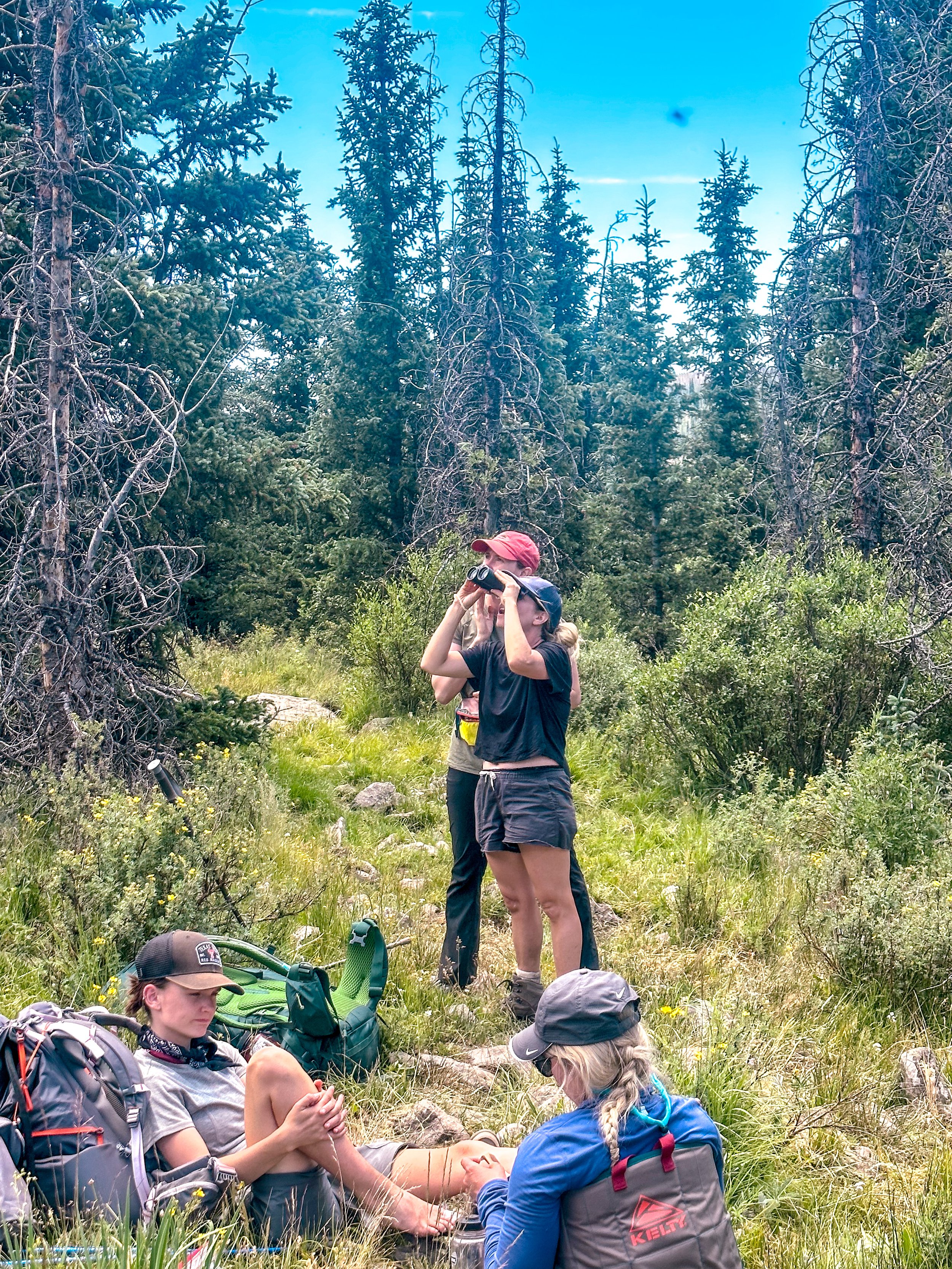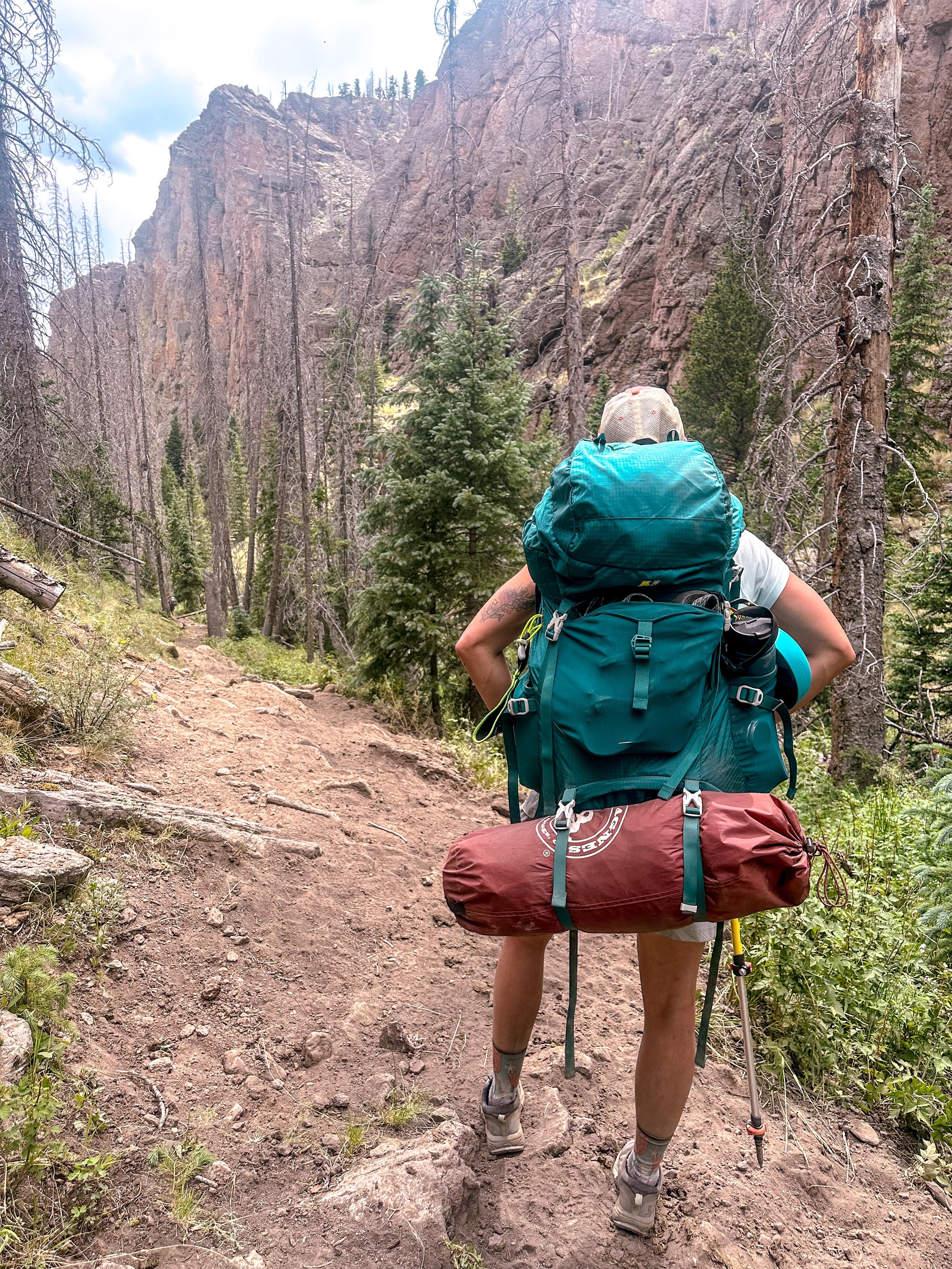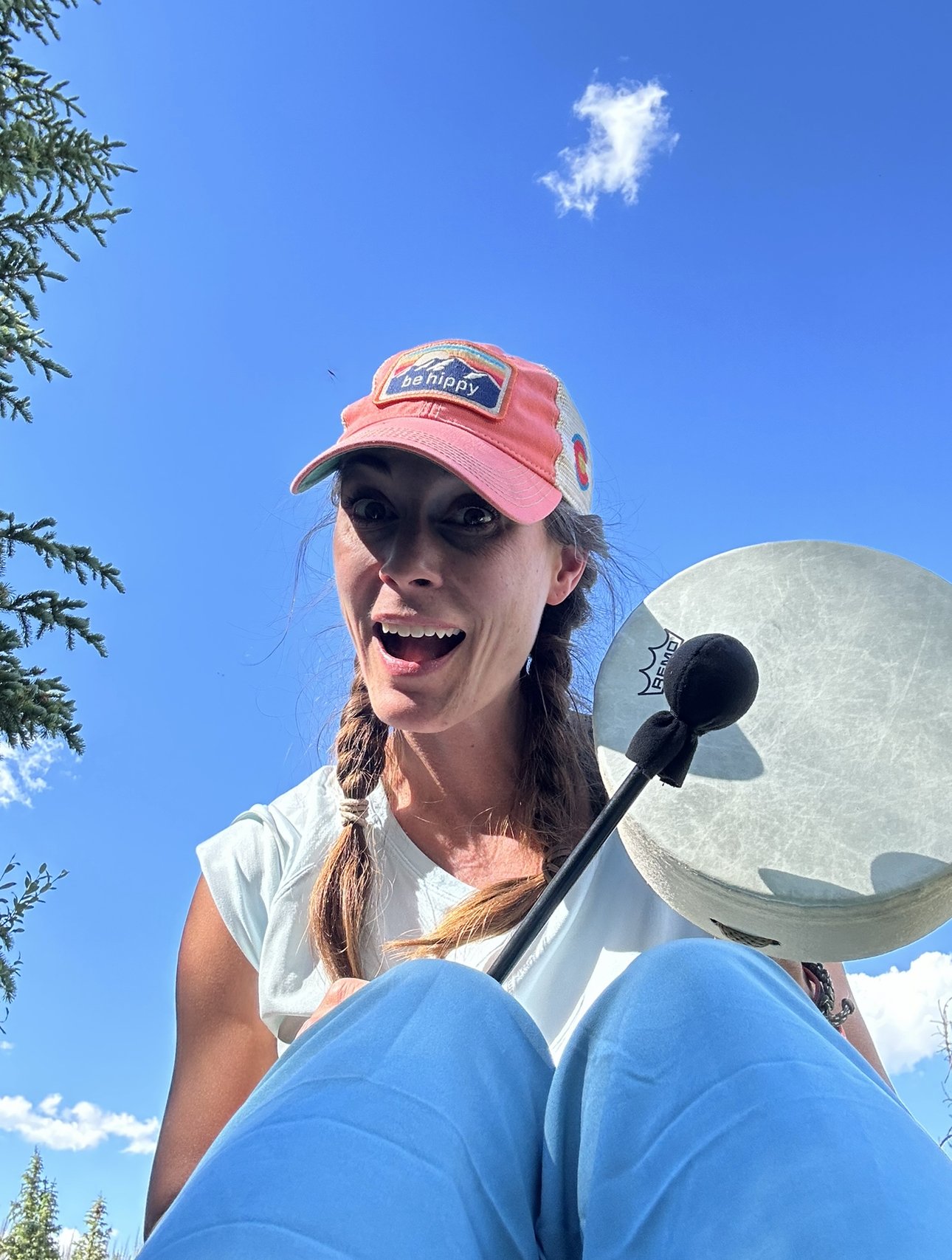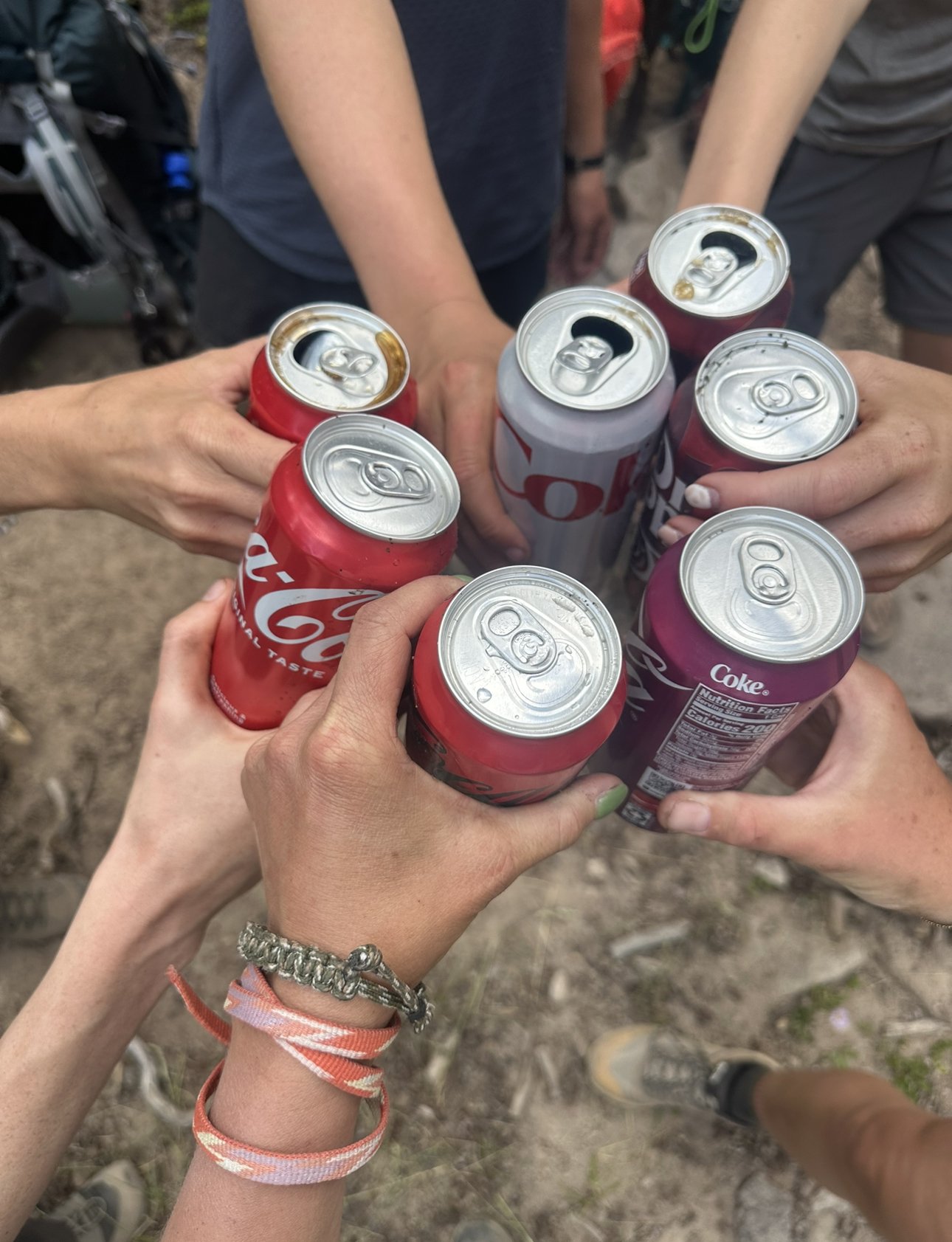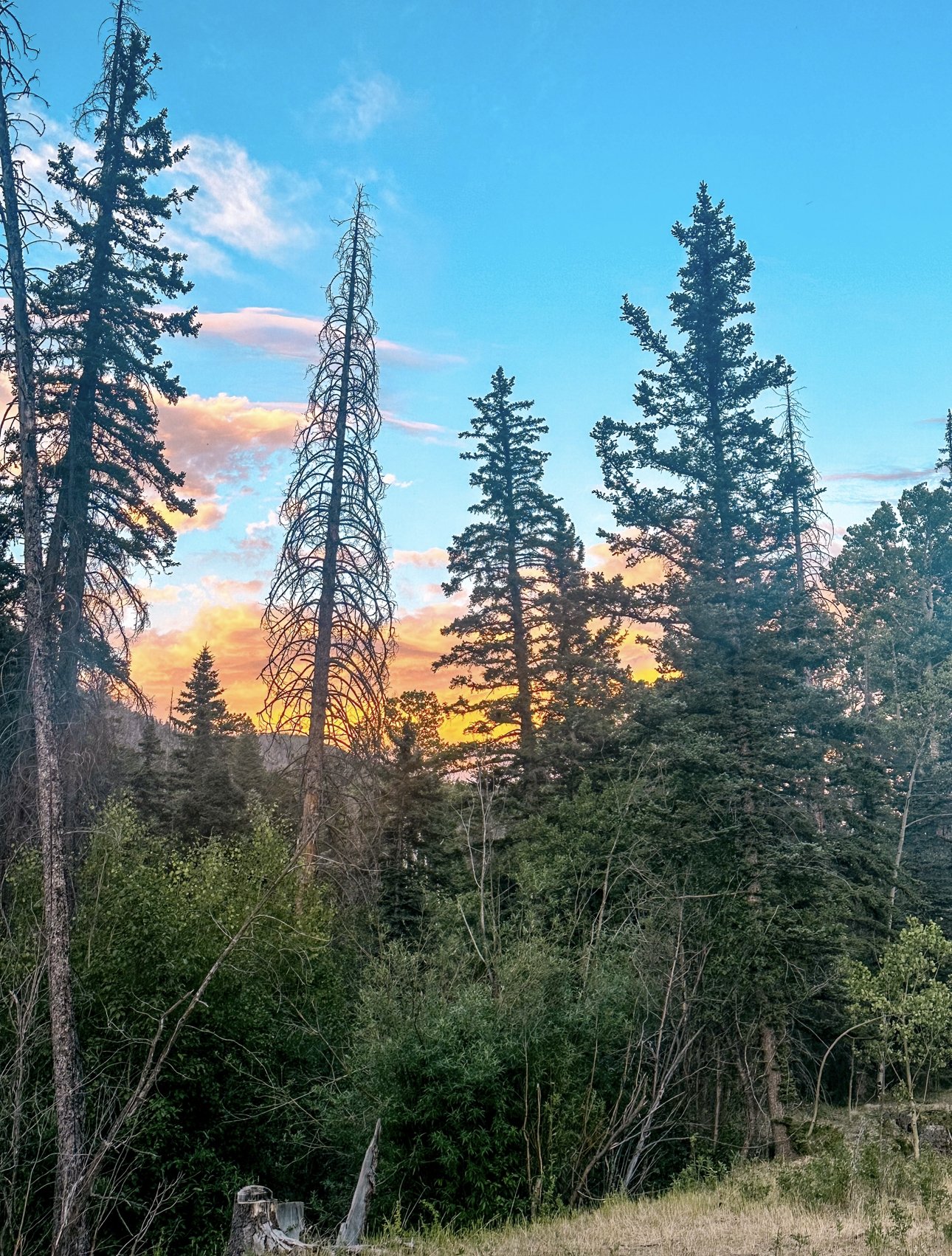The History of Conversation Hearts
The evolution of conversation hearts has almost 180 years of history. The first American candy-making machine was actually first invented to cut throat lozenges thanks to pharmacist, Oliver Chase. His brother, Daniel, later discovered a way to stamp words onto candies using red vegetable dye. These candies, called “Hub Wafers” were surprisingly popular since they were cheap, durable, and lasted a long time. By 1901 the New England Confectionary Company started producing the heart-shaped candies. Throughout the years, they were considered a treat paired with a printed message that was enjoyed by children, expeditioners, soldiers, and loved ones.
“Written words are prevailing; at any time on any day, they can be read again, their comfort revisited, even from thousands of miles away.”
With the fast pace of society and technology at our fingertips, our most loved ones can seem thousands of miles away sitting across the living room. One of the most important messages for us to hear from our children is “Play with me.” Their play IS their language. It is the way to discover SELF. It is the avenue to CONNECTion.
For International Play Therapy Week this week, we are giving current clients playful conversation heart tokens. (I should add, these are definitely a choking hazard, ARE NOT EDIBLE, and are meant to be kept out of the reach of young children and infants.)
Now that the disclaimer is out of the way, the intention behind these playful conversation hearts is to promote communication, connection, and PLAY in families.
10 Playful Ways to Use Conversation Hearts with Your Child or Teen
1. Let your child lead and show you a way to use them in play
2. Use them in a sensory bin: kinetic sand, rice, pom poms
3. Play hide and seek with them
4. Keep a bowl of them in a central location. Your child can use them as a bid for connection or as an invitation to play.
5. Use them as paint stamps
6. Select a heart and take turns writing the words with fingers on each other’s backs
7. Have a play day with your teen that includes something you’re typically inclined to say ‘no’ to. The conversation heart symbolizes the commitment to the day.
8. Journal about one of the words/phrases
9. Play a version of Truth or Dare with your teen. Select a token, answer a question or complete a dare. For example if “move” is drawn, the truth question could be “what ways do you most like moving your body?” The dare could be that the person gets to tell you how to move your body. (There’s always consent and the opt out option on dares!)
10. Use it as an after school car ride conversation starter.
